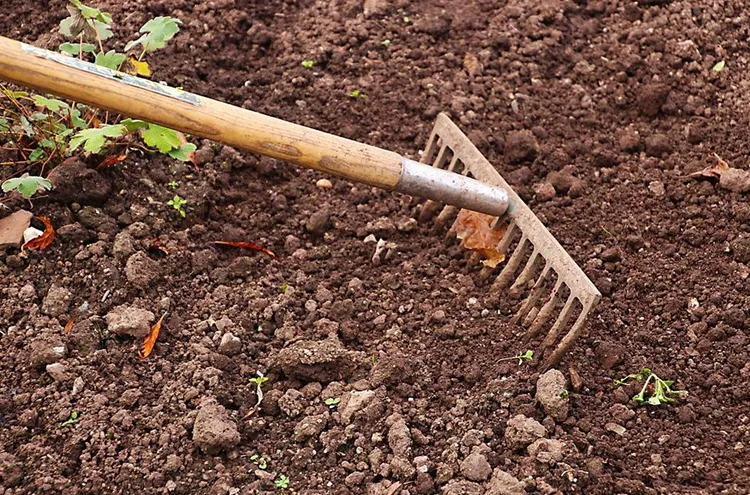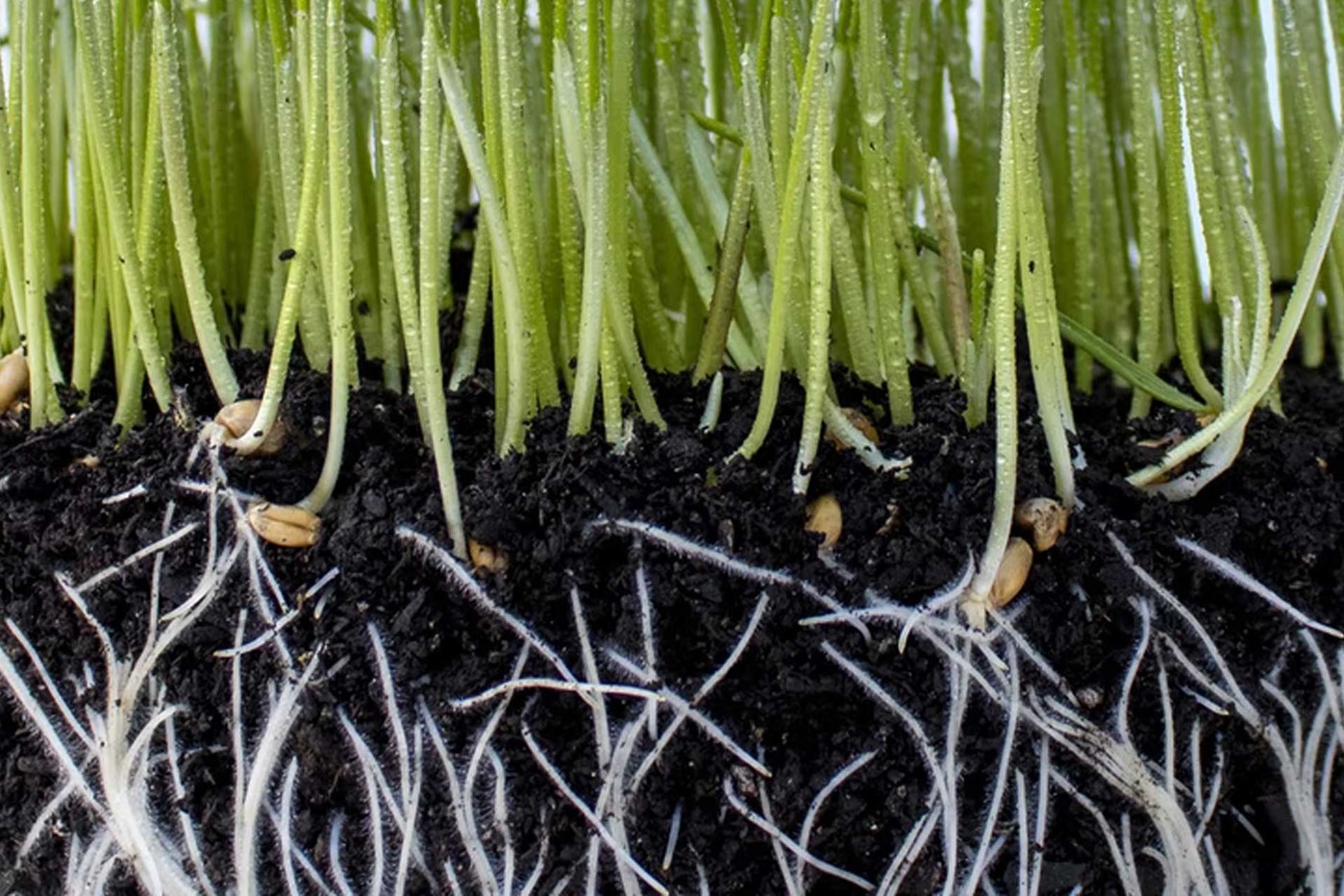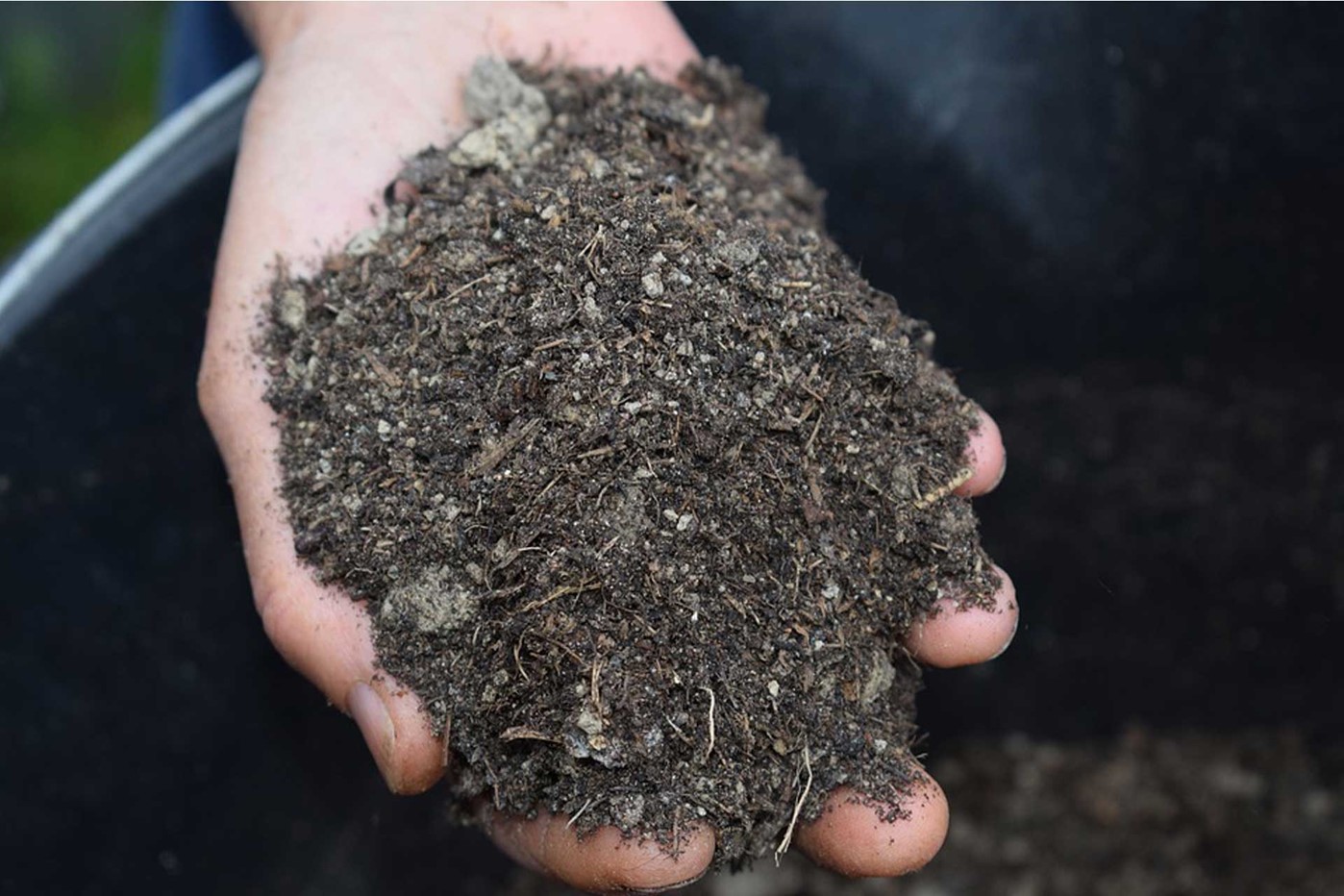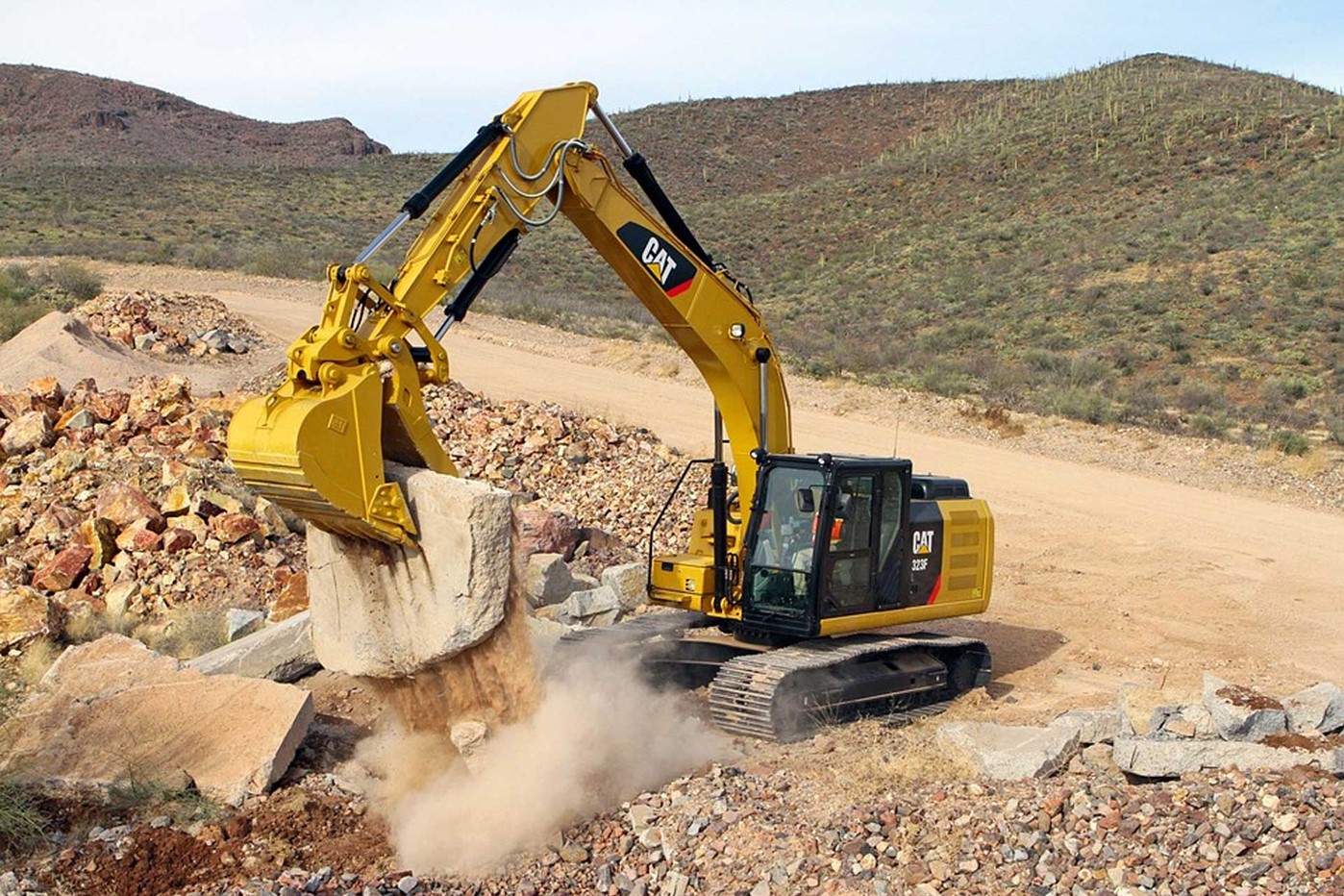

Soil structure is largely determined by the formation and presence of soil aggregates. These aggregates can disintegrate due to mechanical and physico-chemical forces and lead to pore clogging and infiltration reduction, resulting in water erosion and/or spraying. The 'wet sieving method' is the method to investigate aggregate stability against water erosion.
View products

A good soil structure is one of the most important conditions for plant growth. It strongly determines whether roots can penetrate and seedlings can emerge. A good soil structure promotes the diffusion of oxygen and the movement of water in the soil profile. It also plays an important role in a soil's temperature management.
Soil structure is defined as the manner, shape and size in which the individual soil particles - and the aggregates formed from them - occur in the soil. In agriculture, a crumb structure is generally strived for in the topsoil layer, because this provides an optimal seed bed with good air and water permeability.
The opposite is a compacted, wet soil, caused by low structural stability and/or aggregate stability.
Knowledge of the aggregate stability can provide clues for soil improvement. Sensitivity of soils to water and wind erosion for instance might be prevented by mulching the soil surface. Tillage programs can be adapted to the specific soil type and crop demands for the best results. Aggregate stability is influenced by:


Mechanical
Soil tillage, impact of heavy machinery, treading by animals, raindrop splash.
Physico-chemical
Swelling and shrinking, lack of organic matter and lime.
The disintegration of aggregates results in a reduced crumb structure, the formation of a surface crust or internal sludge, reduction of water infiltration or soil spraying.

Need advice choosing the right product for your application? Our specialist Joost is happy to help.